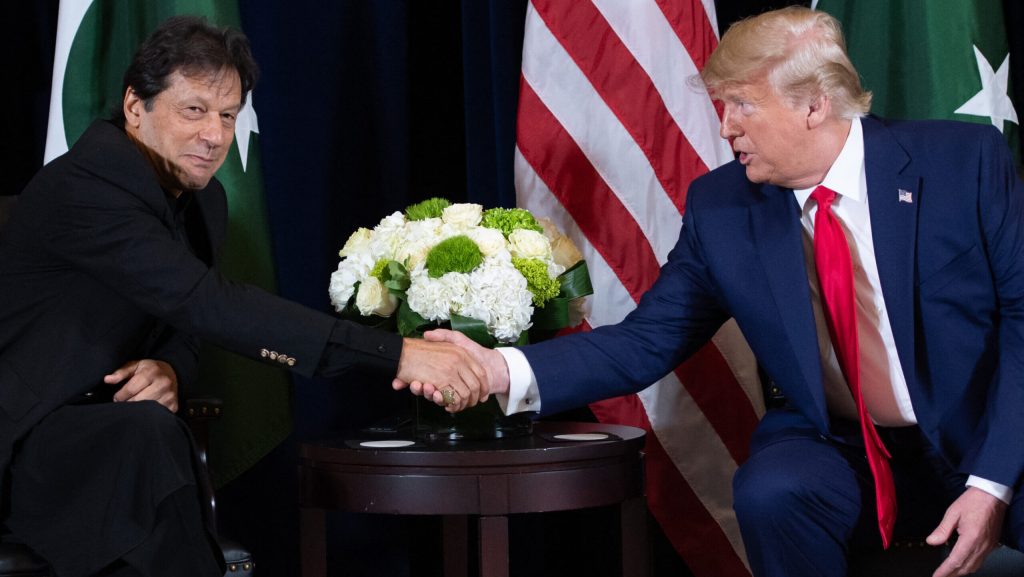The slogan “Kya Hum Koi Ghulam Hai” gained prominence during Imran Khan’s government, with the former Prime Minister first using it during an interview to express defiance against foreign influence, particularly from the United States. This phrase later became a rallying cry for PTI supporters, symbolizing the party’s stance against external control, especially U.S. influence in Pakistan’s internal affairs.
The controversy surrounding the so-called “cypher” escalated in March 2022, just before a no-confidence vote that eventually led to Imran Khan’s ousting. Imran publicly displayed a piece of paper during a rally, alleging it was a cipher that documented an international conspiracy, especially implicating the U.S. in efforts to remove his government. This claim was based on a diplomatic communication, which Imran argued contained threats from U.S. officials, warning of consequences if he remained in office. While Imran later claimed that the document was an important piece of evidence against foreign interference, his former principal secretary Azam Khan clarified that the paper he waved at the rally was not the official cipher but possibly a paraphrased version of it
Interestingly, despite PTI’s longstanding rhetoric against American interference, many of Imran’s supporters now hold onto the hope that the success of Donald Trump in the U.S. elections will lead to Imran Khan’s release. This is quite contradictory, as Trump has been a vocal supporter of Pakistani policies, especially during his term as president, which contradicts the anti-American stance that PTI has championed.
This situation presents a stark example of hypocrisy. PTI has consistently decried foreign interference, particularly from the U.S., yet its supporters are now looking to America, under a potential Trump administration, to aid in Imran Khan’s release. This paradox reflects the complex political dynamics in Pakistan, where international relationships are often seen through a lens of pragmatism rather than consistent ideology.


